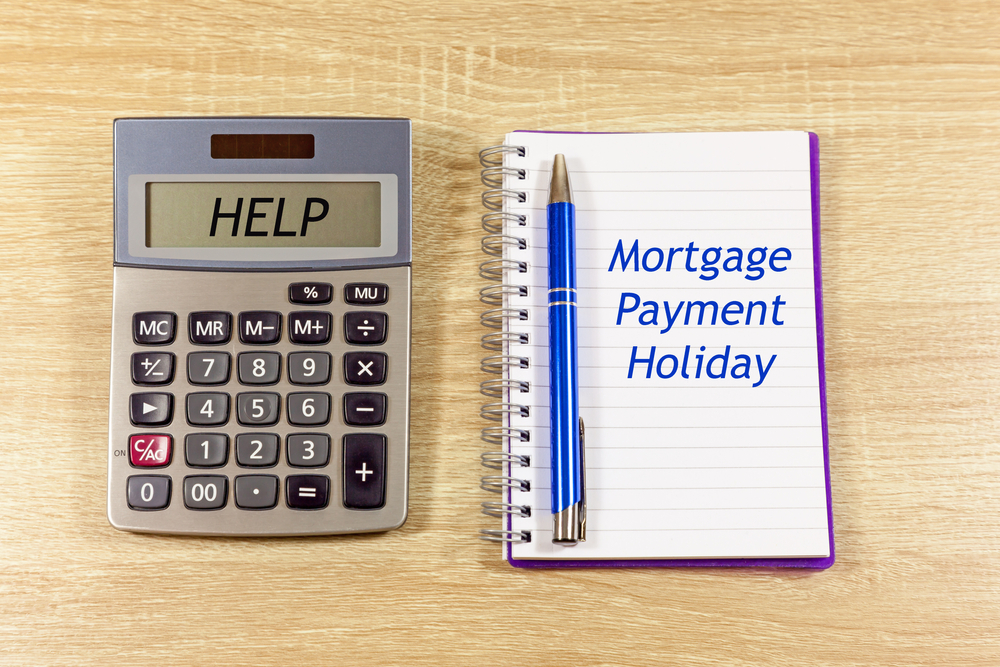We welcome the Financial Conduct Authority’s temporary financial relief package to allow a mortgage holiday; this sees a standard baseline set of payment freeze and other help across the consumer credit sector take effect from Tuesday 14 April for people whose finances have been negatively impacted by the coronavirus crisis.
One of the specific policies is aimed at helping homeowners who have a mortgage. Under the new policy, you can apply for a three-month mortgage repayment holiday from your mortgage provider. This extension on your mortgage aims to ease some of the financial burden on households while the nationwide lockdown continues.
What is a mortgage holiday?
The new policy suspends all monthly repayments on your mortgage for a set period of time. For the time being, the agreed period is up to three months. The purpose of this measure is to give homeowners some financial respite, especially in times when a lot of people are facing pay cuts, reduced hours or lost employment.
After the ‘holiday period’ is over, you have to resume making payments. You can work with your lender to arrange an individual plan for making up for the missed payments. Acceptable options include increasing your monthly payments or extending your mortgage’s duration. It is best to consult with your lender for the method that best works for you.
What happens to the interest?
While the monthly payments on your mortgage will be suspended during the holiday period, interest will still be accumulated. The rate will remain the same as if you were making regular payments.
Based on your individual circumstance, it may be more financially beneficial to continue making monthly repayments if you are able to afford it. If you have mortgage payment protection insurance that covers an emergency situation, using it can save you the extra interest that would otherwise accumulate.
The government has restricted mortgage lenders from charging fees during the payment holiday.
Can everyone get a mortgage holiday?
The option for a mortgage holiday is only available for homeowners who are up to date with their payments. You don’t have to take any affordability tests but simply self-certify that your income has been affected due to the coronavirus pandemic and subsequent lockdown. You don’t need to have – or have had – the virus to qualify.
Homeowners with a buy-to-let mortgage can also qualify for a mortgage holiday and pass this relief onto their tenants, who may also be experiencing financial difficulties in these times.
If you have missed mortgage payments it is better to work with your mortgage provider directly to see what can be arranged, but this means you are not eligible for a mortgage holiday.
Mortgage lenders have agreed to not file for repossession of homes in court for a period of three months (starting from March, 19th). You can still contact your lender to see if there is a longer-term solution available. Alternatively, the housing charity Shelter, has a web chat and phone service you can use to find the best option for your situation.
How do I arrange my mortgage holiday?
You need to work directly with your lender to arrange this. At the moment, the majority of banks and mortgage providers accept and process applications over the phone.
Be prepared for long wait times on the phone lines as these are busy times. Banks and lenders are working round-the-clock to take as many calls as possible. Once you get through to a call agent, make sure you have your information on hand to help fast-track your application.
You can find information for how to apply for a mortgage holiday on the sites of the respective bank or lender:
• HSBC
• Barclays
• Natwest
• Nationwide
• Santander
Will it affect my credit score?
A mortgage holiday won’t affect your credit score if you apply through your bank or lender and notify them of your intent to take one.
Once you have arranged a mortgage holiday with your lender, future payments will be suspended, putting a hold on your account’s repayment status from the time of the start of the holiday. This repayment status will continue to be reported to the CRAs (credit reference agencies) for the period of the mortgage holiday to ensure it doesn’t affect your credit score.
If you are up to date with your repayments before the mortgage holiday, credit score will not be affected and your status will show as ‘up to date’ during these three months.
However, any missed payment without prior arrangement is registered as a missed or late payment. This puts you in arrears, which can damage your credit score. It is recommended to always try and inform your lender in advance if you fear you may miss a payment because of coronavirus.
Are there any other options?
Your lender may offer other alternatives to ease the financial burden of paying your mortgage. They may agree to temporarily move to interest-only payments or to extend your mortgage term to reduce your payments rather than place them on hold.
Ideally, you can take advantage of the mortgage holiday to ease some of your money worries at this time. If you’re unsure whether this is the best course of action for your situation, it is best to get in touch with your mortgage provider directly to discuss your options.
General Debt Advice
If you are overwhelmed by your current financial situation and unable to manage your debt, we may be able to help you find a suitable debt solution. Call us on 0800 169 1536 or complete our online enquiry form and one of our advisers will get back to you.








